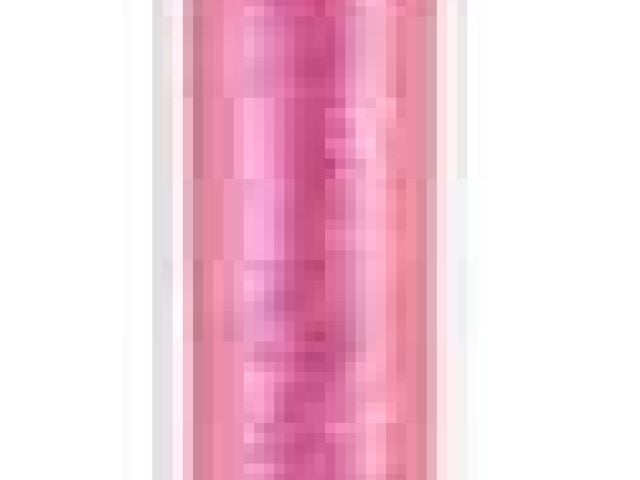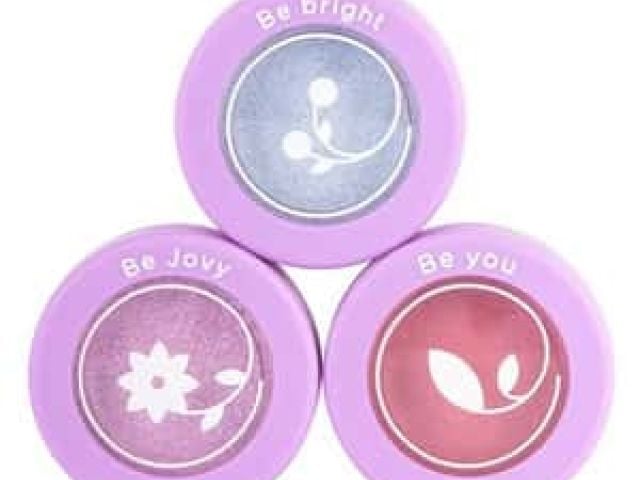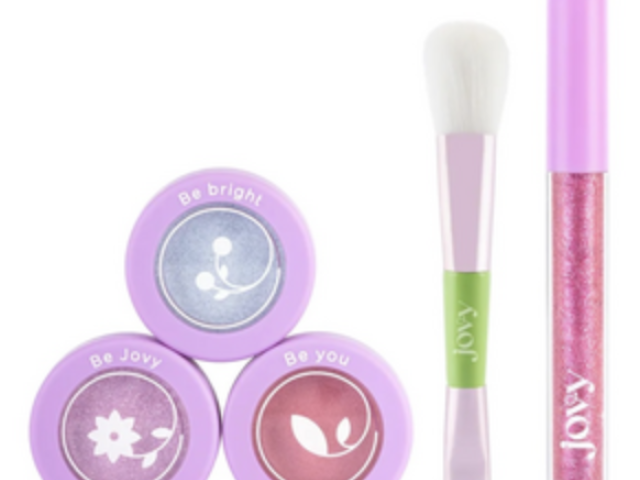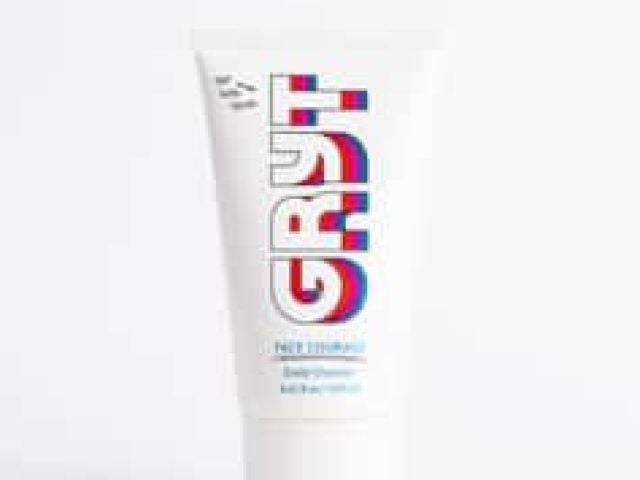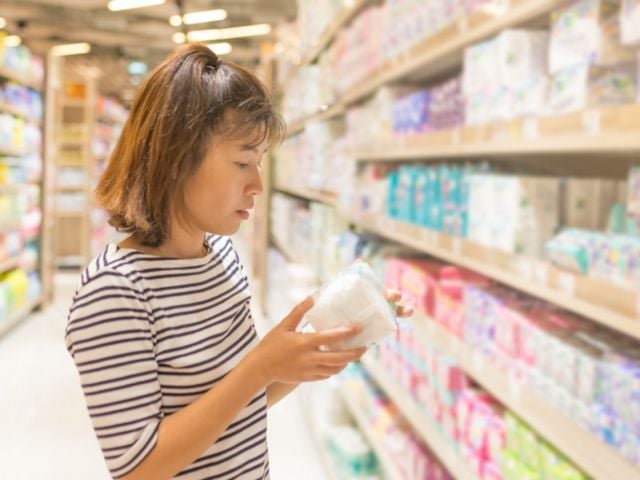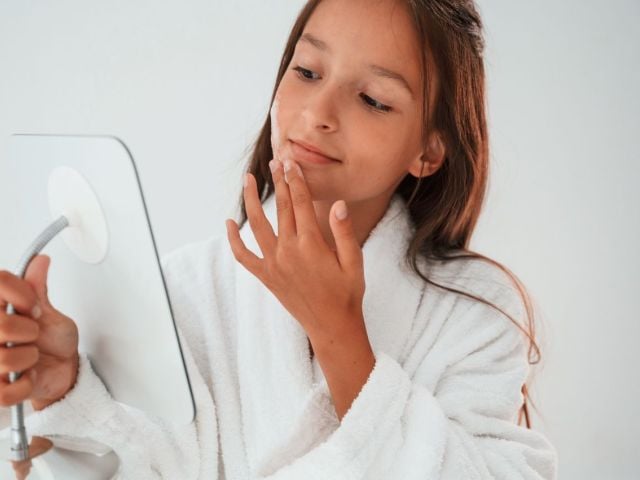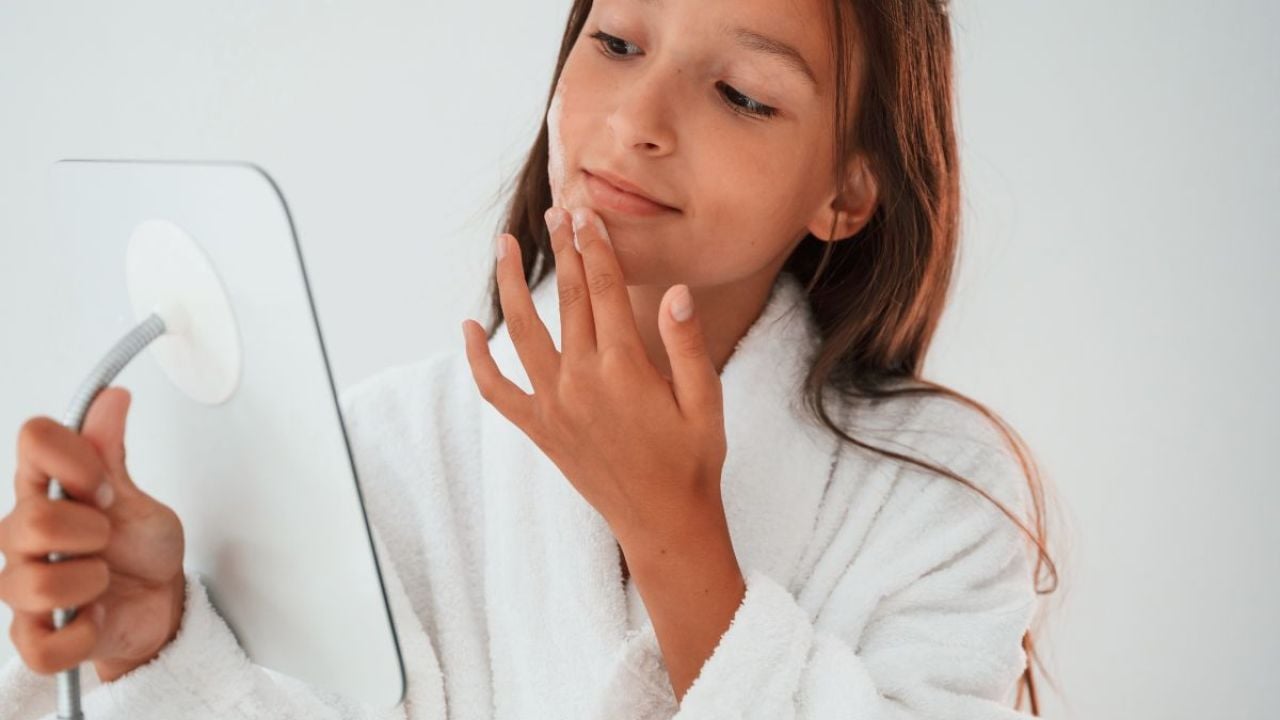
- Children’s growing interest in skin care highlights the need for education about the harmful effects of products designed for older skin, which can cause redness, burning and allergic reactions.
- Summer camps are advising young girls to leave their skin care products at home.
Resources like EWG Verified® and the Skin Deep® database provide safe alternatives, helping parents and caregivers.
Earlier this year, the “Sephora kids” trend set TikTok ablaze. Now even summer camps are asking skin-care-obsessed tweens to leave their serums, cleansers and body sprays at home.
EWG’s 2023 survey of personal care product use found the same thing – young people are avid users of skin care and cosmetics. Thirty-eight percent of Gen Z uses a skin care product daily and 23 percent weekly. They love makeup, too – 59 percent use cosmetics products at least monthly, 23 percent as often as every day.
As this trend went viral, dermatologists began raising alarms about the potential risk to young, delicate skin.
Many of these young shoppers go to Sephora, Ulta Beauty and other cosmetic stores for sought-after brands like Glow Recipe and Drunk Elephant.
But these products are not designed for young people, as many of the ingredients can be harmful to children. With the growing interest in skin care, it’s more important than ever to help kids in early adolescence understand how to use products safely and especially how to steer clear of harsh ingredients.
Ingredients in anti-aging products
Many popular products are intended for older skin in particular and used for anti-aging purposes. Products marketed as anti-aging, wrinkle-reducing or brightening often contain ingredients damaging to young skin and its barrier. Tweens’ use probably does more harm than good.
Retinol, peptides, vitamin C and exfoliating acids are four of the concerning chemicals that can cause a range of health issues.
Retinol helps increase the production of collagen and elastin, which can reduce fine lines and enlarged pores. It may redden, irritate and dry out tween skin. According to a search of Skin Deep, our free searchable database of personal care products, one in five anti-aging products contains retinol.
Vitamin C, or ascorbic acid, is an antioxidant used to reduce the appearance of dark spots, wrinkles and acne. It can cause itchiness and burning. It is found in about 70 percent of facial moisturizers and about 2 percent of all personal care products.
Exfoliating acids, including alpha-hydroxy acids and beta-hydroxy acids, smooth skin texture and unclog pores but they can lead to dryness, irritation and redness. About one in five exfoliant products and about one in 100 personal care products contains salicylic acid, a common type of these acids.
And though these ingredients may support the health of adult skin, they’re often too harsh for young, sensitive skin.
Healthier alternatives for kids
You have options when it comes to protecting your children from harsh skin care ingredients.
EWG’s Skin Deep database can help you discover safe products for tween skin. It highlights and evaluates popular products based on their ingredients.
You can use it to find tween-friendly skin care and cosmetics free from potentially harmful ingredients that are safe for young people.
You can also look for EWG Verified cleansers, moisturizers and sunscreens to help build a simple skin care routine for your tween.
EWG Verified products have been reviewed by our scientists and have met our rigorous standards for health and transparency. Although some EWG Verified products do contain anti-aging ingredients, others are formulated with kids and tweens in mind.
And some makeup for young people bears the EWG Verified mark, too.
Jovy is an EWG Verified kids play cosmetics brand. The company’s stated priority is to create effective formulas that keep children safe. Their products, including Berry Bliss Play Makeup Kit, allow kids to enjoy a variety of cosmetic products without the risk of harsh or toxic ingredients.
Jovy also offers makeup stencils and a makeup set.
Gryt is another personal care brand with products designed for children 8 and up. Their Face Courage Daily Cleanser, for tweens and teens, is EWG Verified.
Regulating cosmetics
Some U.S. lawmakers believe the Food and Drug Administration, which regulates cosmetics and skin care products, doesn’t do enough to protect young people.
As a result, advocates have tried to limit kids’ ability to buy these products. For example, California Assemblymember Alex Lee (D-Milpitas) introduced Assembly Bill 2491, which would have banned the purchase of certain anti-aging skin care products for children under 13. The legislation failed to move forward in the state Assembly.
More ways to help tweens stay safe
- Immediately stop using any products that cause redness, irritation, itching or a burning sensation.
- Consult EWG's Top 5 Tips for Choosing Safer Cosmetics for Kids to learn how to avoid harsh ingredients and find better products for children and tweens.
- Start with basic, simple and gentle products formulated for young skin. As a rule of thumb, look for those made with 10 ingredients or fewer.
- Consult with your health care provider, dermatologist or skin care professional for personalized recommendations, especially if the child or teen has sensitive skin.
- Reach out to brands you’re interested in and ask which products are suited for children and teens, and what tests they have conducted.
- Find out about skin care ingredients and their potential effects on young skin, especially those linked to reproduction and endocrine disruption or that may otherwise interfere with the normal development of children and teens.
